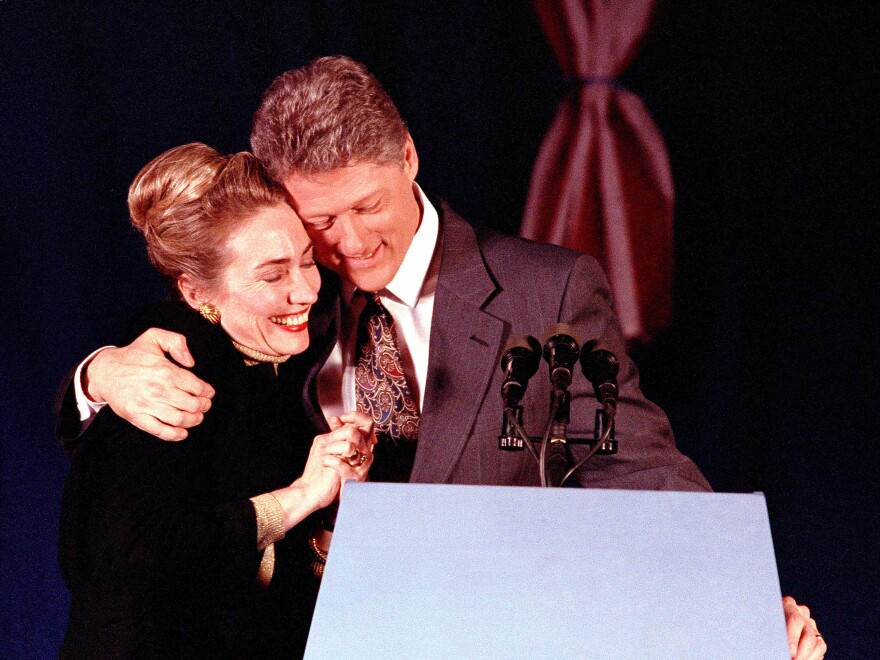Iowa and New Hampshire get a lot of attention, but their records in picking presidents, let alone nominees, is spotty (as you can see from the chart above). But that doesn't mean the states don't matter. They have been effective at weeding the field of candidates, and they're about momentum for those later states.
Plus, in the last 40 years, just one person has gone on to win the presidency after losing both Iowa and New Hampshire — Bill Clinton.
Here's how the predictability of the states breaks down by party:

Republicans
New Hampshire has been better at picking nominees for Republicans. Since 1976:
-- Five eventual nominees won the Granite State ...
-- Two became president: Ronald Reagan and George H.W. Bush.
Iowa, on the other hand, has picked:
-- Three eventual GOP nominees, but ...
-- Just one president: George W. Bush
Here's the thing, though: No Republican has become the nominee in the last 40 years without winning either Iowa or New Hampshire.
Democrats

Iowa has been slightly better than New Hampshire at picking nominees on Democratic side. In fact, since 1976:
-- A whopping six eventual nominees have won Iowa, including the last three (Barack Obama, John Kerry and Al Gore).
-- Two Iowa Democratic winners have become president — Jimmy Carter and Barack Obama.
New Hampshire has picked:
-- Five nominees over that same time ...
-- Just one became president — Carter.
Fun facts

-- Bill Clinton, George H.W. Bush and Ronald Reagan all lost Iowa but went on to win the presidency.
-- Bill Clinton didn't win either Iowa or New Hampshire in 1992, but was still declared "The Comeback Kid" after his second-place finish in the New Hampshire.
-- The person who led the longest in Iowa in the crowded Republican field in 2015, according to the RealClearPolitics average of polls, was ... Wisconsin Gov. Scott Walker. He led for six months, from February to August, before dropping out of the race after a series of missteps.
-- If Donald Trump wins both Iowa and New Hampshire, it would be the first time a non-incumbent Republican has done so in 40 years.
Copyright 2023 NPR. To see more, visit https://www.npr.org.











